Popular on Food52
23 Comments
Rain E.
October 10, 2020
Salt is a threat to health. (See Dr Greger's book, How Not To Die.) Hypertension, stomach cancer, heart disease... I'm avoiding added salt. There is natural sodium in herbs and veggies. Salt free version - Bake the washed fresh herb combo on the pan without adding salt. It will be delicious.
patricia G.
March 29, 2020
Several years ago, for a 'Waste Not Want Not' series, I started oven-drying celery leaves, crumbling them when crisp, then mixing them with salt for a simple and versatile green celery-leaf salt. It makes a nice rimming salt for bloody Mary's btw. I prop the oven door slightly ajar with a wooden spoon handle to aid the oven-drying process.
Carol H.
October 10, 2020
That sounds like a great idea; I love celery and I'm always looking for other ways to use it.
Sonya
July 20, 2016
After drying in oven do you add both herbs and salt to processor? I like a nice chunky salt so not sure I'd want to process it. Any suggestion on salt to herb ratio?
Carol H.
July 13, 2014
What if you don't want foods you are herbing to taste salty? I am trying to cut down on salt by using herbs, not add salt to my diet.
Lee G.
October 14, 2013
In regards to drying in jar vs. drying in the oven: if you mix the fresh herbs with the salt, the essential oils will be sealed in, making it a much for aromatic and flavorful salt than if you oven dry the herbs. We make such a salt in our product line for Scrumptious Pantry, and if you use fresh, you really need to have a good procedure down and add natural anti-bacterial preservatives such as garlic, because the water content in the fresh herbs will make them go bad otherwise. So to be on the safe side, oven drying might be better for home use.
Valerie
September 25, 2013
I was just thinking about what I'll do with my herbs this year. Great idea, and I like the suggestion below to turn these into gifts.
Patty J.
September 22, 2013
you can also blend the fresh herbs and salt to gether and then spread out on sheet pan and let dry a couple of days. No heat needed. The salt will dry the herbs on its own. Aslo add garlic to the mix too, if you'd like. Great recipe by Rosetta Kasper.
Greenstuff
September 19, 2013
The Fävaken method might address some of the comments. They don't dry the herbs either, just as mrslarkin suggests. And no, Meticulous A, they don't remove the salt. They just chop, mix with salt, and sieve to remove woody stems. In an air-tight container, the herbs will stay green for about a month. Nilsson says that borage, oregano, and sage age well, and he lets them go brown. He likes fennel and lemon balm fresher and keeps them in the freezer. Here's the recipe I posted when I reviewed the Fävaken cookbook for FOOD52: http://food52.com/recipes/20695-herb-salts-an-adventure-in-cooking-from-faviken
rachel
September 19, 2013
I love this! What a great way to get your salt and herb flavoring all in one step. Not sure why people are confused. This is just an herb infused salt. Now I know what to do with all my thyme!
mrslarkin
September 19, 2013
reminds me of the dry rub i use on the Judy Bird - fresh sage and kosher salt blitzed in the mini chopper. no need for oven drying.
I would totally sprinkle this herb salt on popcorn!
I would totally sprinkle this herb salt on popcorn!
mrslarkin
September 19, 2013
p.s. this would make an awesome hostess gift, packaged in the cute mason jars here in Provisions.
Meticulous A.
September 19, 2013
this article does not explain how to and if to shake the salt out of the dried herbs hopefully before blending it! and why even refers to it as herb salt, are we suppose to be using it with salt in it? thanks.
Brette W.
September 19, 2013
You're actually supposed to use the herb salt! Sprinkle it on things as you would salt, but you'll get an herbiness in there too!
Greenstuff
September 19, 2013
Nice! Chef Magnus Nilsson of rural Sweden’s acclaimed restaurant, Fävaken, makes herb salts, because there are no fresh herbs in his northern winters. He keeps some of them in the freezer but allows others to age, fading to almost brown by springtime.
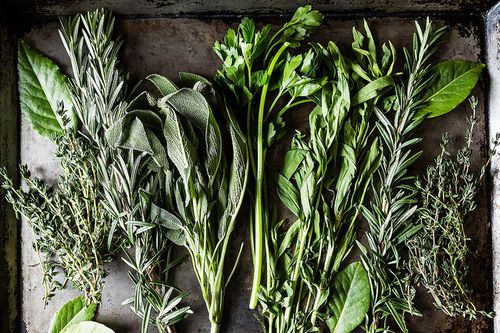
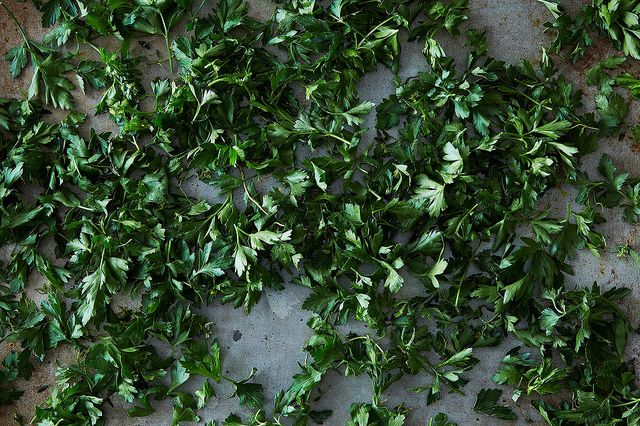
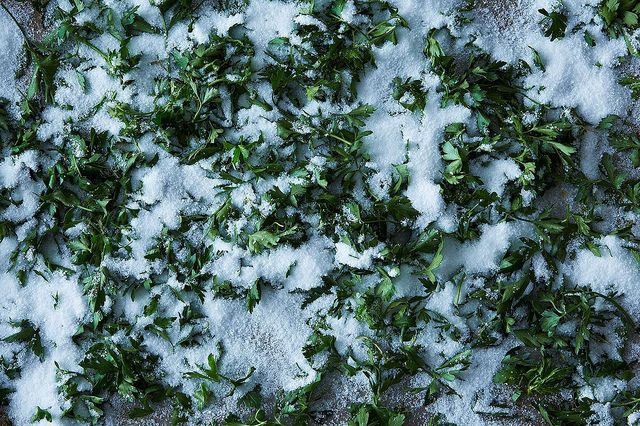
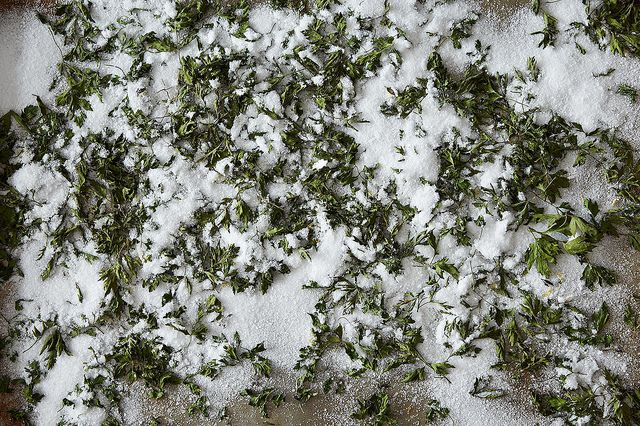
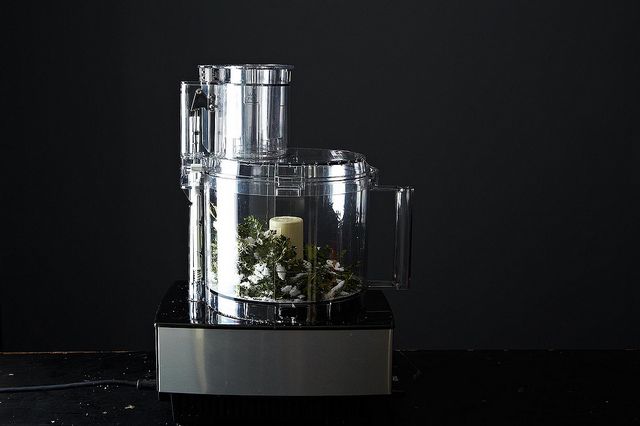
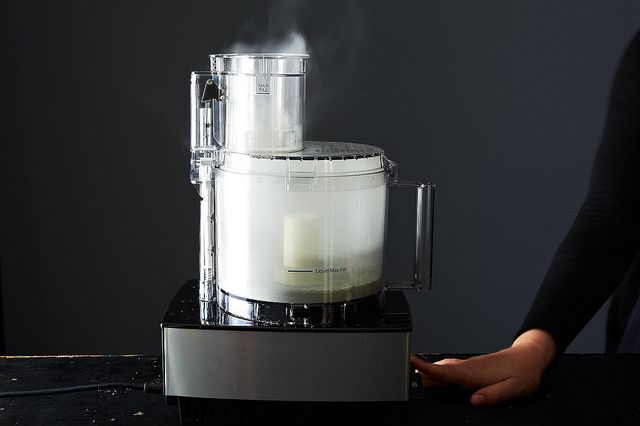
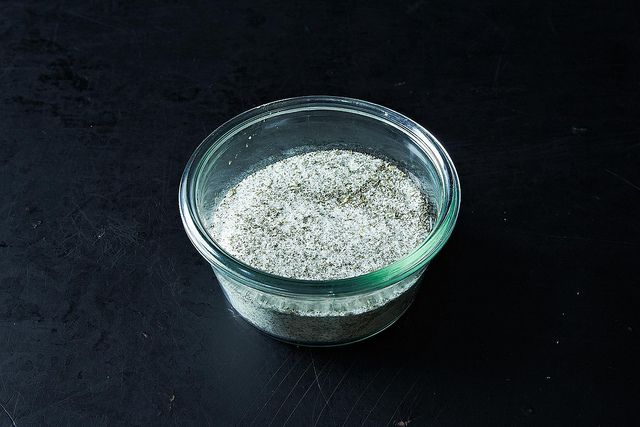

See what other Food52 readers are saying.